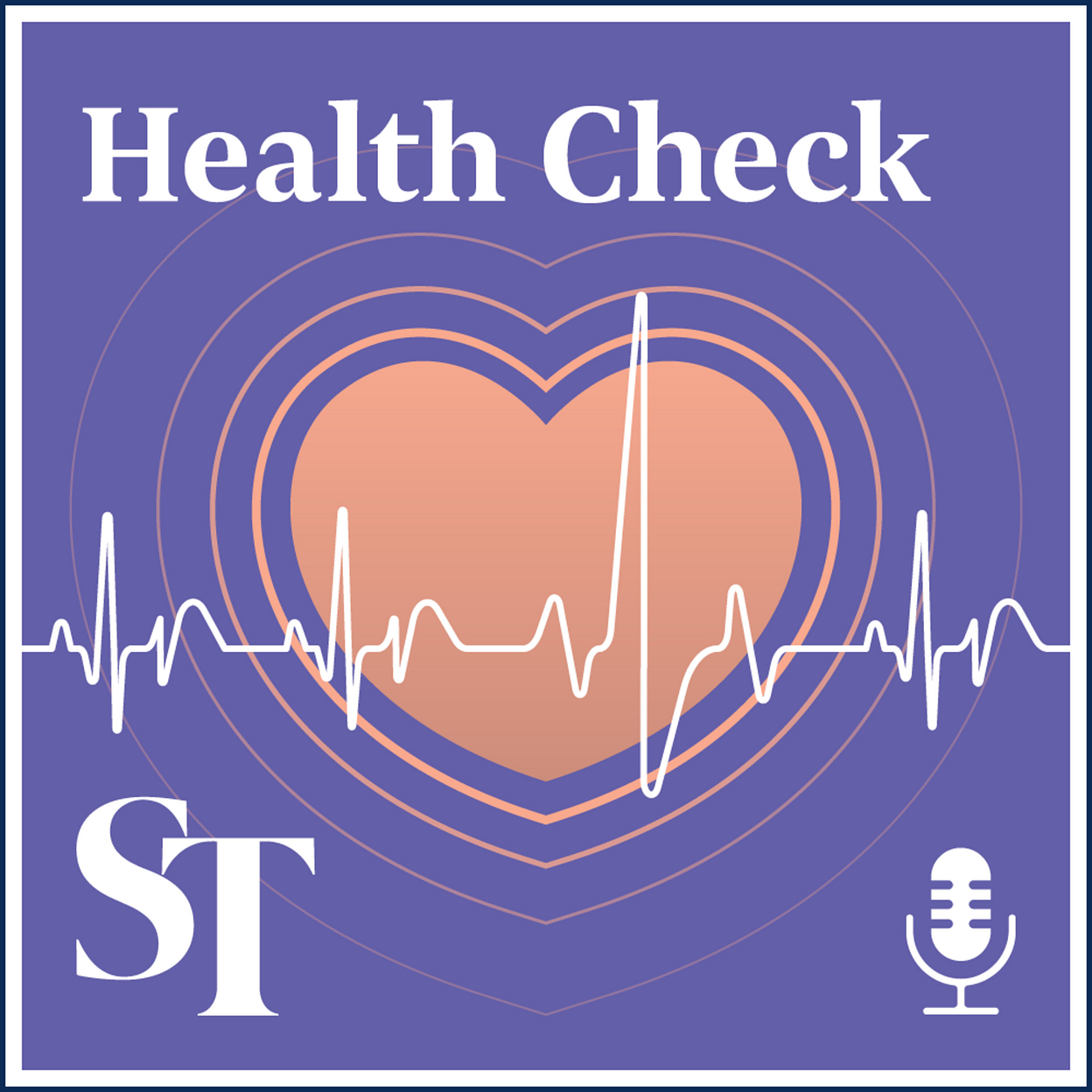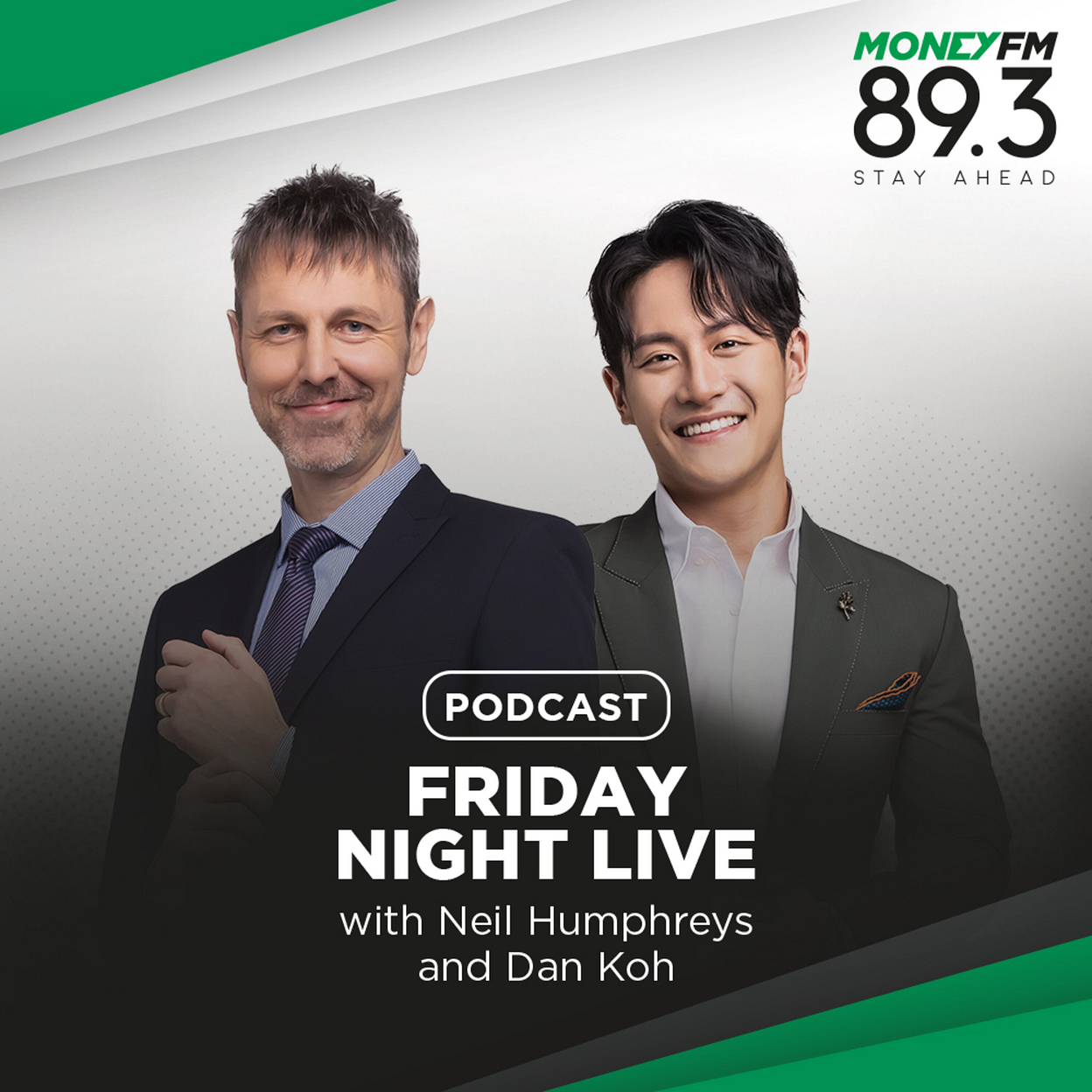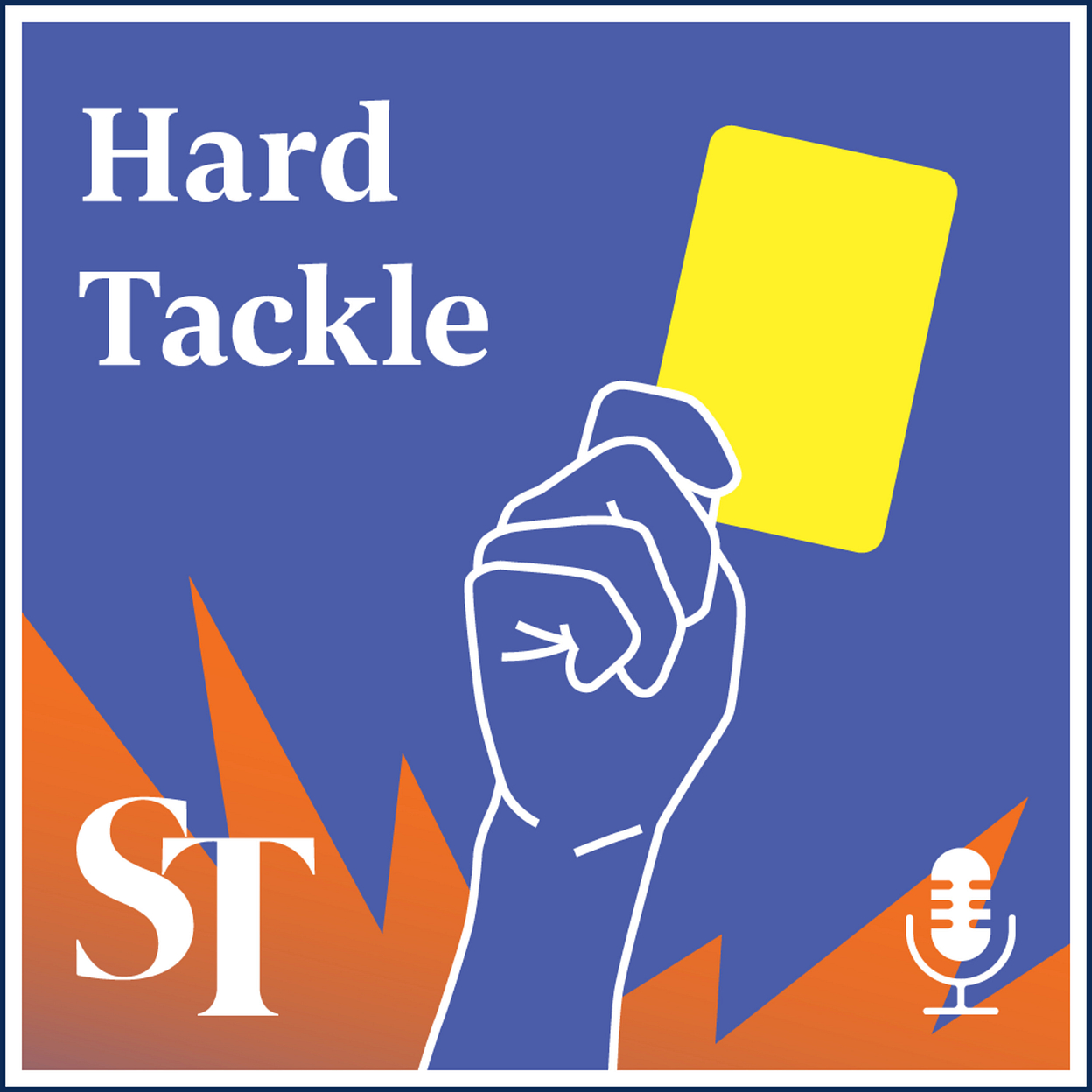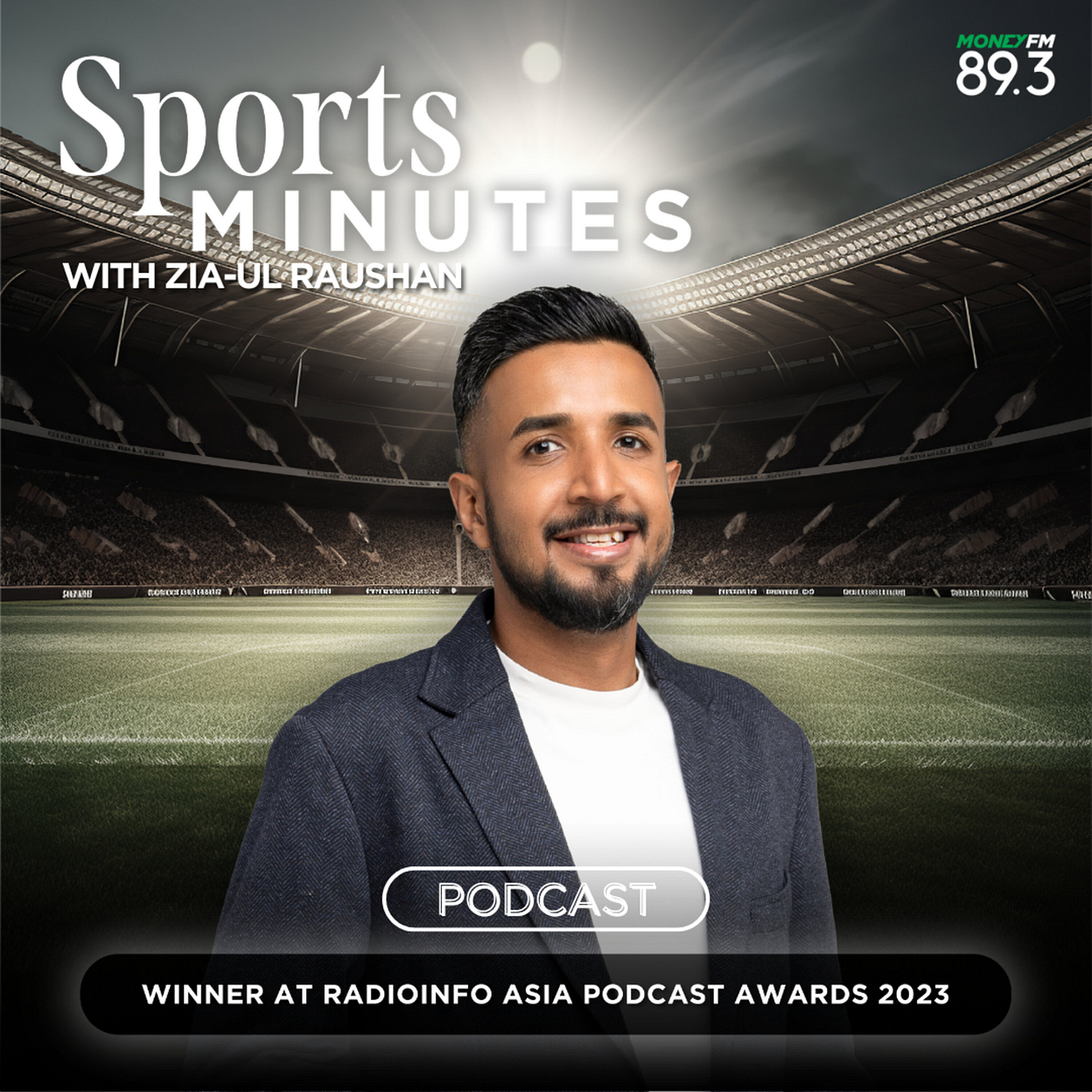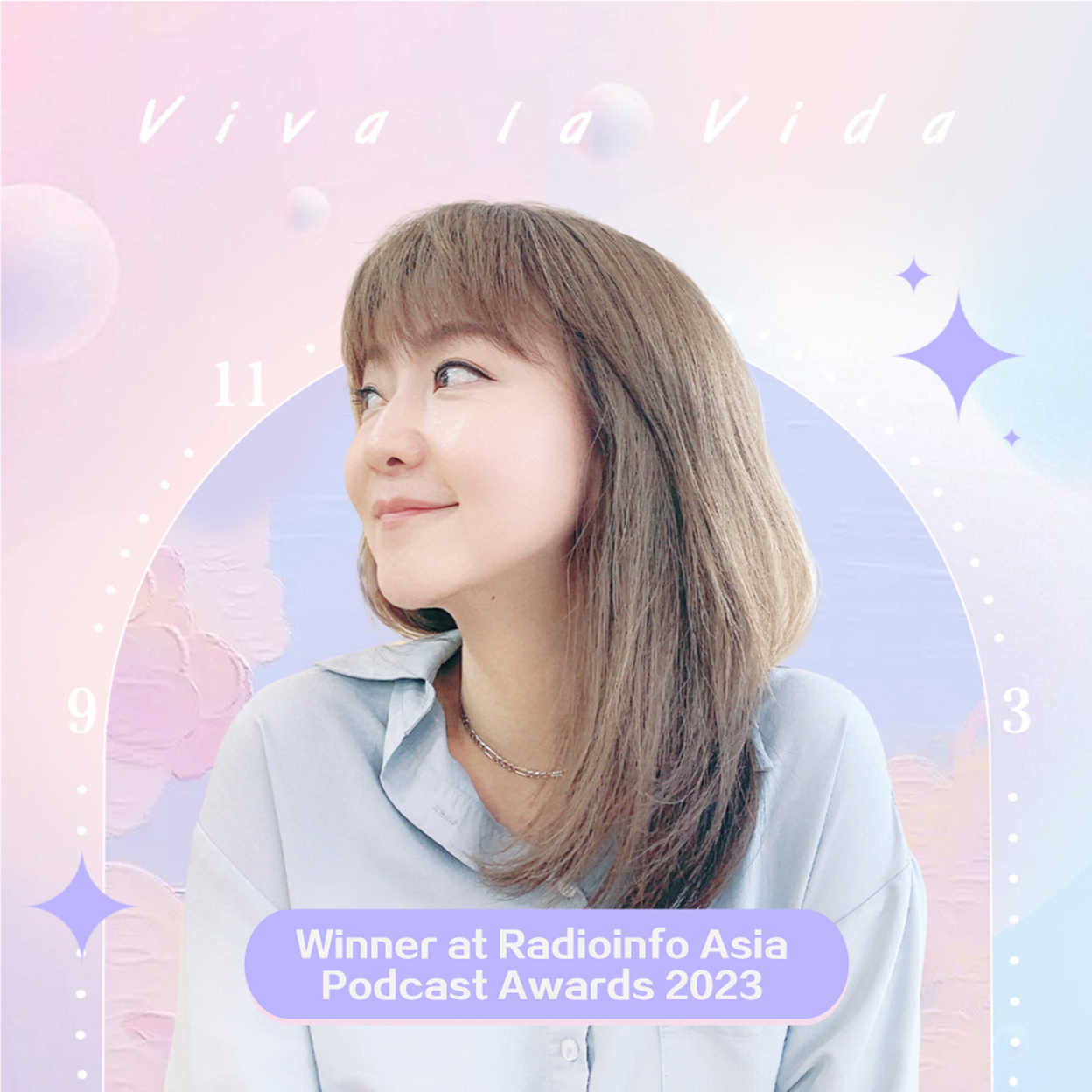Back
Health Check
Synopsis: Every first Wednesday of the month, The Straits Times helps you make sense of health matters that affect you.
Podcaster: Joyce Teo
Produced & edited by: Amirul Karim
Executive producers: Ernest Luis & Lynda Hong
A podcast by The Straits Times, SPH Media.
All Episodes
20 Jan 2025 · 26m 21s
Add to Queue
Share
1 Jan 2025 · 26m 42s
Add to Queue
Share
4 Dec 2024 · 29m 47s
Add to Queue
Share
6 Nov 2024 · 24m 42s
Add to Queue
Share
17 Oct 2024 · 39m 27s
Add to Queue
Share
2 Oct 2024 · 22m 39s
Add to Queue
Share
2 Oct 2024 · 22m 39s
Add to Queue
Share
4 Sep 2024 · 19m 24s
Add to Queue
Share
4 Sep 2024 · 19m 24s
Add to Queue
Share
30 Aug 2024 · 1m 40s
Add to Queue
Share
